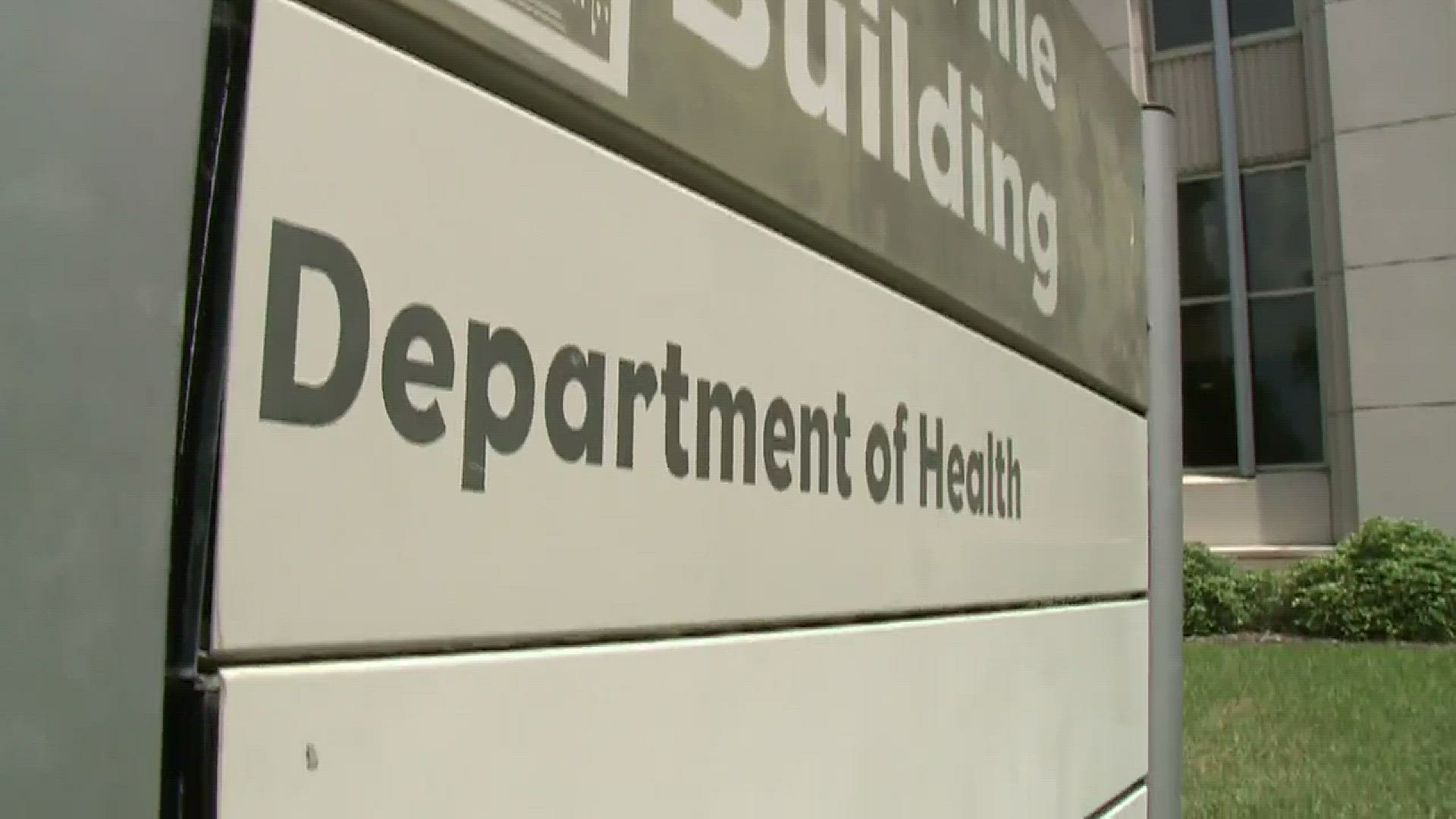NEW ORLEANS -- A video aired by WWL-TV showing a state health inspector taking food from a French Quarter restaurant has launched an investigation into the employee.
The restaurant owner, Anthony Marullo, said he welcomes the probe, but his complaints run deeper than one employee.
Marullo, owner of The French Market Restaurant, said he has an additional complaint with the state Department of Health that his family-owned eatery is inspected more frequently than similar restaurants.
“I was very upset to see that in most instances, every year, we were inspected three to five times more than most of the restaurants in the New Orleans metropolitan area,” Marullo said.
The inspector caught on video, Lenette Cunningham, frequently wrote up The French Market Restaurant. And according to Marullo and his employees, she usually walked out with free food.
Marullo believes that Cunningham’s visits targeted him for a disproportionate number of inspections. State records show Cunningham was responsible for half of the 30 inspections conducted at The French Market Restaurant from 2013 to 2015.
“She would take it upon herself to ask the line cooks just to prepare her food,” manager Gabby Morris said. “And that was it. There was no asking for a bill, how much do I owe you? She would just walk out.”
The number of inspection visits to Marullo's restaurant exceeds the state policy of four visits a year for most full-service restaurants. If enough violations are found, requiring re-inspections, that number can double to eight visits annually – or 24 over a three-year period.
At 30 visits, Marullo believes that he has been targeted for tougher scrutiny.
“A lot of restaurants don’t even get inspected three times a year,” he said. “I think we were singled out. And I think part of it is that we were viewed as an easy target for free food.”
Since nearly every restaurant inspection generates some violations, the frequent inspections at Marullo’s seemed to spark a disproportionate number of black marks, landing it on some unenviable listings of least sanitary local restaurants.
“You'd be amazed at the amount of authority these inspectors have,” Marullo said. “These individuals can choose which restaurants they inspect, obviously, and how many times they inspect them. There is not proper protocol put in place.”
There is supposed to be a very strict protocol, according to Tenney Sibley, state Director of Sanitarian Services. The automated system was put in place five years ago after a state audit revealed that more than 80 percent of high-risk restaurants were not inspected the recommended four times annually.
Sibley said inspection dates are now generated by an “electronic scheduler.”
But a review of state records shows an uneven number of inspections for some restaurants.
For example, Ruth's Chris steakhouse in Metairie was visited by inspectors 13 times between 2013 and 2015. But the Ruth's Chris in New Orleans was visited by inspectors less than half as much, only five times over the same period.
In fact, Sibley confirmed that in 2013 and 2014, the New Orleans Ruth's Chris was only visited once each year.
WWL-TV also compared Marullo's restaurant with another place that was cited for a high number of so-called "critical" violations, those that pose a direct risk to the customers' health. China Pearl, an Asian buffet-style restaurant in Marrero, logged a higher number of violations than The French Market Restaurant, but was visited by inspectors only 14 times compared to 30 for Marullo's place.
When asked about the inspection variances in some restaurants, Sibley responded in an email.
“Keep in mind the scheduler was not created by an IT programmer,” she wrote. “This is an internal creation that does have bugs and we have worked with it since 2013 perfecting as we find the bugs. Staff turnover, management changes, and bugs in the scheduler can account for many if not all of the redundant inspections.”
Sibley added, “I do appreciate you bringing concerns to my attention and do see that we can be more efficient in our visits.”
So what does that mean for those consumer rankings based on health code violations? For his place at least, Marullo called their validity into question.
“It's a disservice to the taxpayers,” he said. “They rely on that information when they go on their website to maybe decide where they're going to dine based on the cleanliness of a restaurant.”
Sibley said there is a remedy for restaurants that disagree with their inspections: owners can always appeal violations that they feel are unwarranted.
“We want to make sure that we're doing the right thing. And it's certainly always on the front burner, for everyone, the food in New Orleans, so we want to make sure that we're doing the best we can,” she said.

